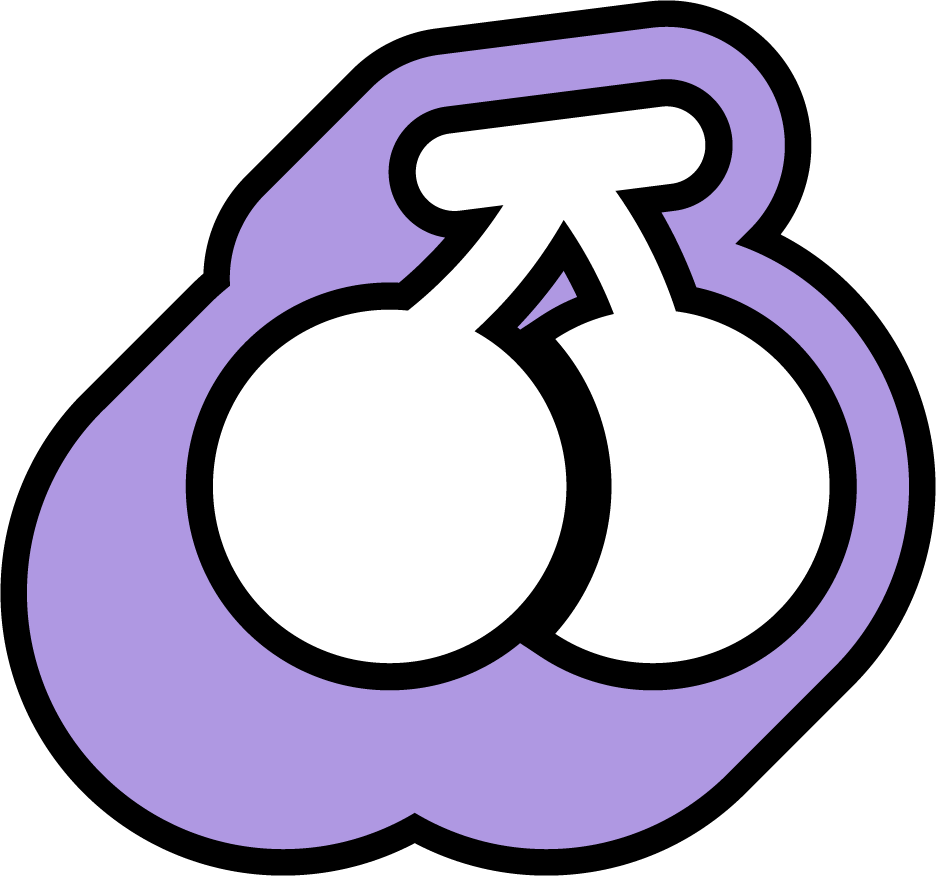[Book Review] ‘I Want to Die But I Still Want to Eat Tteokbokki’
I Will Live for Tteokbokki, and Baek Se-hee. I devoured the first one, and now I’m here to tell you that I devoured the second one too – and have a huge craving for tteokbokki.
I Still Want to Eat Tteokbokki – the sequel by Baek Sehee – image credit from Amazon UK
Anyone who knows me well will know that ‘I Want to Die But I Want to Eat Tteokbokki’ holds a very special place in my heart. I read this first book back in September 2023 — after scouring the shelves for a copy, I could not put it down. So naturally when I heard there would be a sequel, aptly named ‘I Want to Die But I Still Want to Eat Tteokbokki’, you better believe I had it on pre-order, waited impatiently for the dispatch notification and ripped the packaging off it.
What can I say? Baek Se-hee is always a reason to live. And I'm impatient – that too.
It's ok to sit with your feelings
"I used to have moments where I thought, 'I really like myself today', but now I find myself thinking, 'I don't think I like myself today.' Which means, I now normally like myself, and the times I don't like myself are the exception! I think this is progress."
I genuinely cannot emphasise enough how much this book touched my heart just like the first, Se-hee’s honesty about her ongoing struggles provided me with comfort. Cliché? Maybe. But the saying of a problem shared is a problem halved has some truth to it.
Se-hee does not for a second imply that everything ends in sunshine and rainbows even with the success of her first book. She reminds me through her books that it’s ok to sit in the rain for a little, let the raindrops hit your skin and then put an umbrella up and go on with your day. After all, healing is not linear — never has been and likely never will be.
As with the first book, Se-hee continues to cover her own struggles in day to day life, with the new addition of how being an internationally recognised author has begun to affect her and her worries of what the world will think now that they have seen such a deep unfiltered version of her. As well as the so-called ‘fallout’ aftermath, for being hospitalised and having hospitalisation take up a chunk of her life.
Se-hee if you are reading this, I love that you are so raw and unfiltered, it gave me the courage to own my own struggles rather than bury them.
Self-help? I’m not so sure
" - Psychiatrist: Then does it persist on your good days as well?
- Me: Just because it’s a good day, that doesn’t mean I feel like it’s great to be alive."
Personally, I will never view this book as a ‘self-help’ manual. I just don’t find it to be that when I read my copy, just like the first one, Se-hee’s summaries following conversations with her psychiatrist exist to question her habits and where she has changed or not in her opinion. But self-help isn’t a category this book fits into in my honest opinion, it’s not necessarily about bettering yourself in the conventional way of self-help books, and it doesn’t act as a motivational speaker yelling positive affirmations at you.
Rather it is a quiet supportive book, Se-hee effectively becomes everyone’s friend in her sequel, discussing her new fears and dreams as a result of the success of her first book, without ever gloating. It’s like reading text messages from a friend, with a side of the warmth eating tteokbokki provides — in seeing her succeed combined with a ‘if she can I can’ moment.
‘Fallout and aftermath’ of hospitalisation
"You have to practise saying that you feel unwell when you feel unwell. Instead of enduring it until the last minute."
One thing I will say, is I'm not a fan of how this book was promoted to discuss hospitalisation like it is some sort of failure — the so called ‘aftermath’ sure this can be used to describe life after that point but I still don’t like it as a descriptor. It doesn’t feel fair.
At no point has hospitalisation ever been a failure. If your appendix ruptured you wouldn’t just sit at home in pain, you’d have something done about it and the same goes for mental health. Sometimes being at the hospital is the best place for you.
I appreciate how Se-hee continues her story into the sequel, updating with changes and progress as well as setbacks — again it’s comforting to see vulnerability and setbacks not just progress. We can all relate to seeing only progress and feeling bad about ourselves and Se-hee simply doesn’t write this. She is open about her setbacks and moments of ‘failure.’
Admittedly this is darker than the first book, but I can’t say I hate that. Speaking from experience, mental health and mental illness can become really dark — like a tunnel with no end. The darkness is understandably not for everyone, but I can see a certain beauty to it.
Copies of this book are available on Amazon UK as well as other bookseller sites.
Edited by Chelsea Cheetham.

![[Review] I Want to Die But I Still Want to Eat Tteokbokki — Cherry Chu Magazine](https://images.squarespace-cdn.com/content/v1/6127bd65b111ea759eab3094/7bea6038-392e-463c-93a2-ba1e6526565f/image1.jpg)